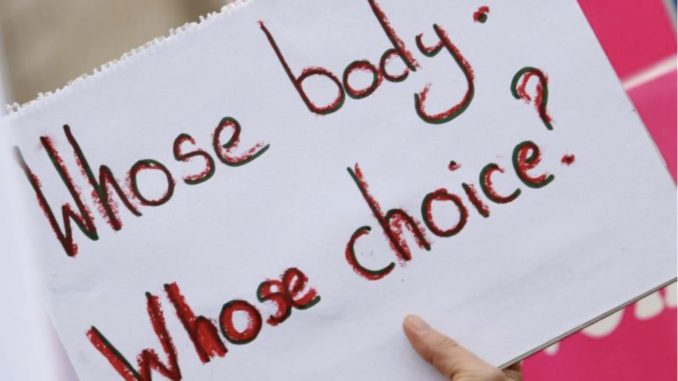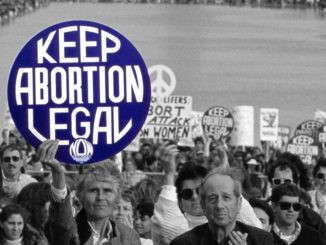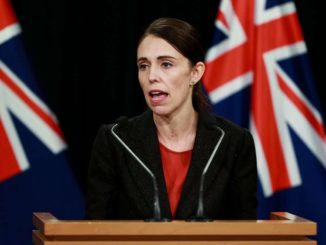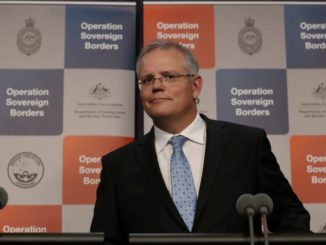
The abortion policy varies among Australia
Queensland has decriminalised abortionafter historic vote in 2018. However, the legitimacy of abortion is different in New South Wales(NSW) and Norfolk Island. That is, abortion laws in Australia are enacted by the states and territories governments instead of the Federal Government. The legality of pregnancy termination depends on where people live in Australia rather than on uniform standards – as does the expense and accessibility of the technique. Although in NSW pregnancies are allowed to be terminated under the circumstance of a woman’s mental and physical health being in danger, people here who are accused of illegal terminating could probably face a sentence of ten years.On top of that, the abortion surgeries in NSW usually cost around $400-$500. The NSW Family Planning Alliance thought the price was out of reach for a number of women, let alone the expenses of medical recovery care.
The majority of Australians think abortion should be lawful
The representative of Labor Party, Tanya Plibersek said that more than 80 per cent of Australians support a woman’s right to choose. Nearly 90%of respondents of an anonymous online survey believed that abortion should be lawful in the first trimester. Only 5%of the respondents were against the legality of abortion.
“If we are to go into government, we have to govern for the majority.”
“And I have to say, even people who have strong moral or religious objection themselves by and large realise that they can’t make that choice for other,” Ms. Plibersek said.
It is a legal and medical issue.
On 11 April 2019, South Korea’s constitutional court ordered to revise the law to legalize abortionby the end of 2020. Nowadays abortion is not only a feminist issue, but also a legal and medical issue. Women should have the right to choose for themselves in 21 century just like the right of freedom.
The lack of abortion services in regional NSW place both women and baby-to-born in danger. Firstly, some pregnant teenagers and women may choose self-terminating or go to unsafe backstreet clinics for abortion. Secondly, many females have travel a very long distance to another state to get the legal terminating surgery of pregnancy, leading to an increased emotional and financial burden. In addition, since a woman give birth to a baby when she has no financial and emotional ability to raise up the child, nobody can assure that the child can ever be well-educated grow up with mentally health. This is not only being irresponsible to the baby-to-born, but also to the female who may get mentally trauma in her entire life.
Targeted publication and interviewees
This news feature aims to be published on the Sydney Morning Herald(SMH) and could be adopted into SMH’s press print and website. Because SMH is a national news platform in Australia. The abortion right of females relates to both Australian and international society. Moreover, SMH locates in NSW and mainly focusing on Sydney and Australian issues. Consequently it would be appropriate to publish this news feature on an NSW-owned publication. In addition, the political stanceof this news brand is generally centrist. Some readers may consider Labor Party’s proposition on legal abortion as a political gimmick for the coming election. Therefore, news feature from SMH publication could be more convictive for audience.
The news feature intends to interview women’s officers of the university of Sydney Women’s Collective(woco). This group has a 50-year historyon campus and is active around issues of abortion rights. There are a number of events about women’s abortion rights on Woco’s Facebook page. Woco is capable to tell the advantage of legalizing abortion in NSW as a representative of young women group.
Another potential interviewee is Adrianne Walters, the senior lawyer of Human Rights Law Center. Ms Walters works for protecting human rights, in particular, women’s right. She has provided legal services for women in many state organizations. Ms Walters endeavoured to advocate the legal abortionin both Queensland, Victoria and North Territory. She could give comprehensive insights from the perspective of legal human rights in previous section.





This is an appealing story idea. Feminism is highly advocated nowadays, increasingly more people believe that women should have physical autonomy. However, will legalized abortion become a form of contraception for some, and negatively influence the overall social atmosphere? As a female, I highly concern with this topic, the story possesses significant newsworthiness.
Both interviewees you planned to approach are upholders of women’s right and feminism, people against the legality of abortion can also be interviewed to provide another side of the story. To what extent Australian support the legalization of abortion? How do they strike a balance between morality and human rights? Discussion on these questions could possibly provide more depth and comprehensive view to the story. Your well-structured and researched proposal is much appreciated. However, as you mentioned, the legitimacy of abortion varies among states and territories, I suggest framing your story to a specific state to avoid the story being too overwhelming to research on. Besides, minor spelling and grammatical mistakes identified, which may affect the professionalism of the story proposal. I hope my suggestions will help and good luck in pursuing the story.